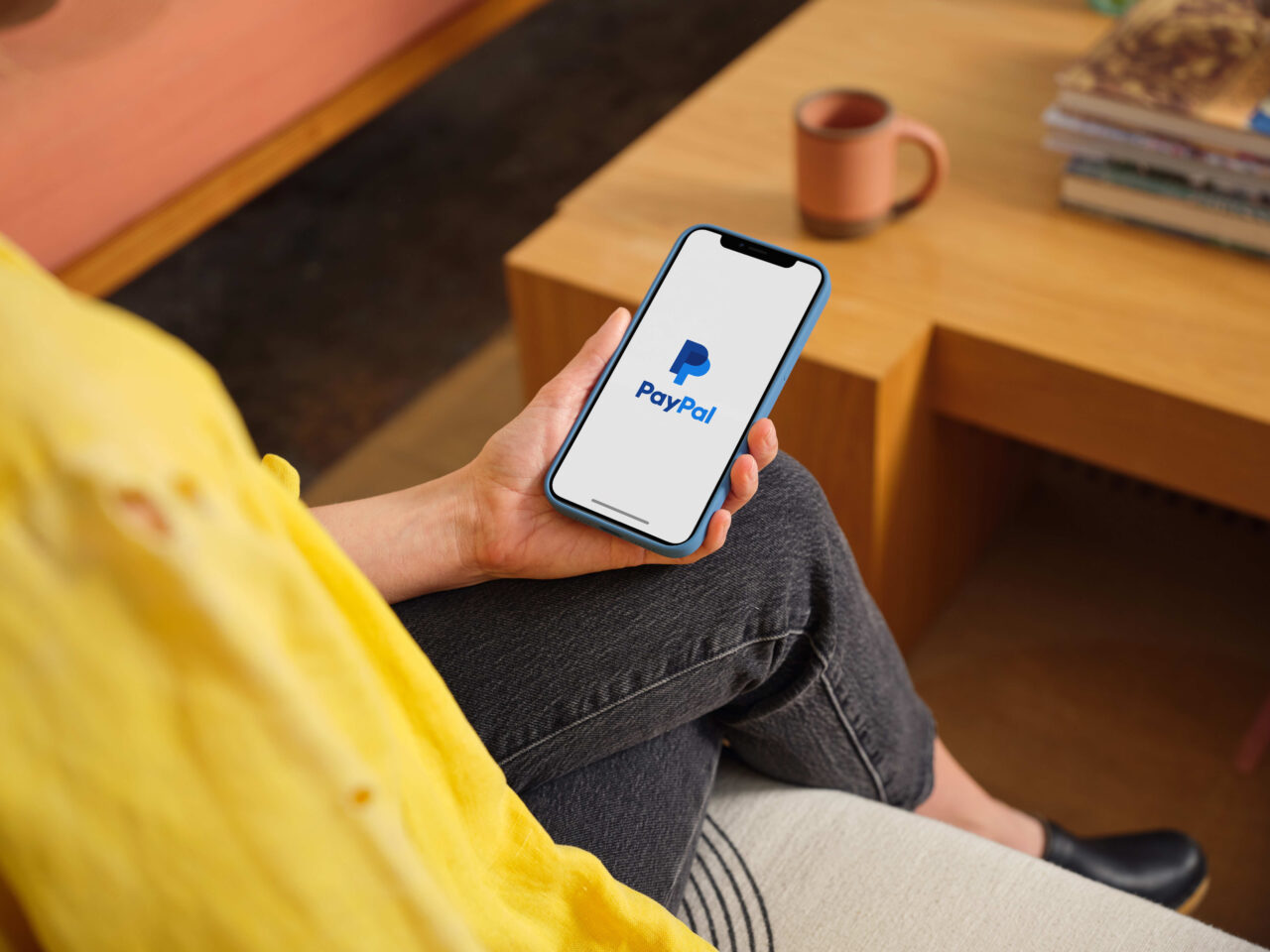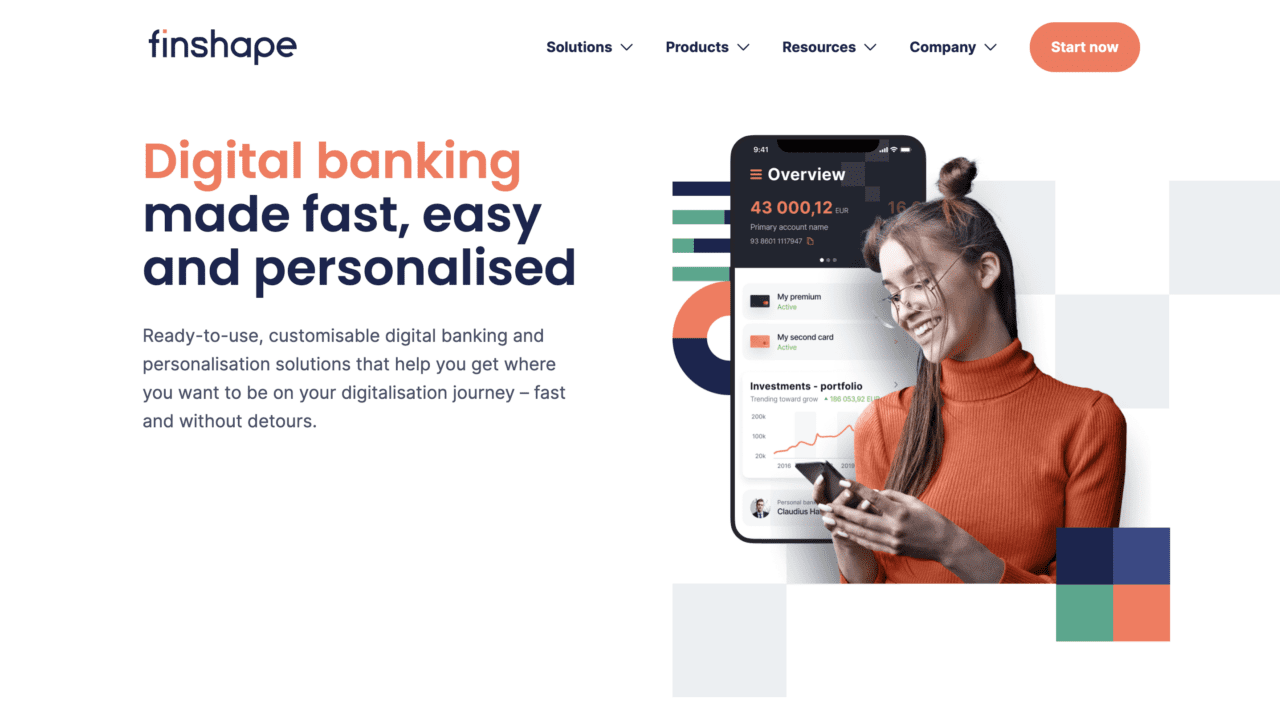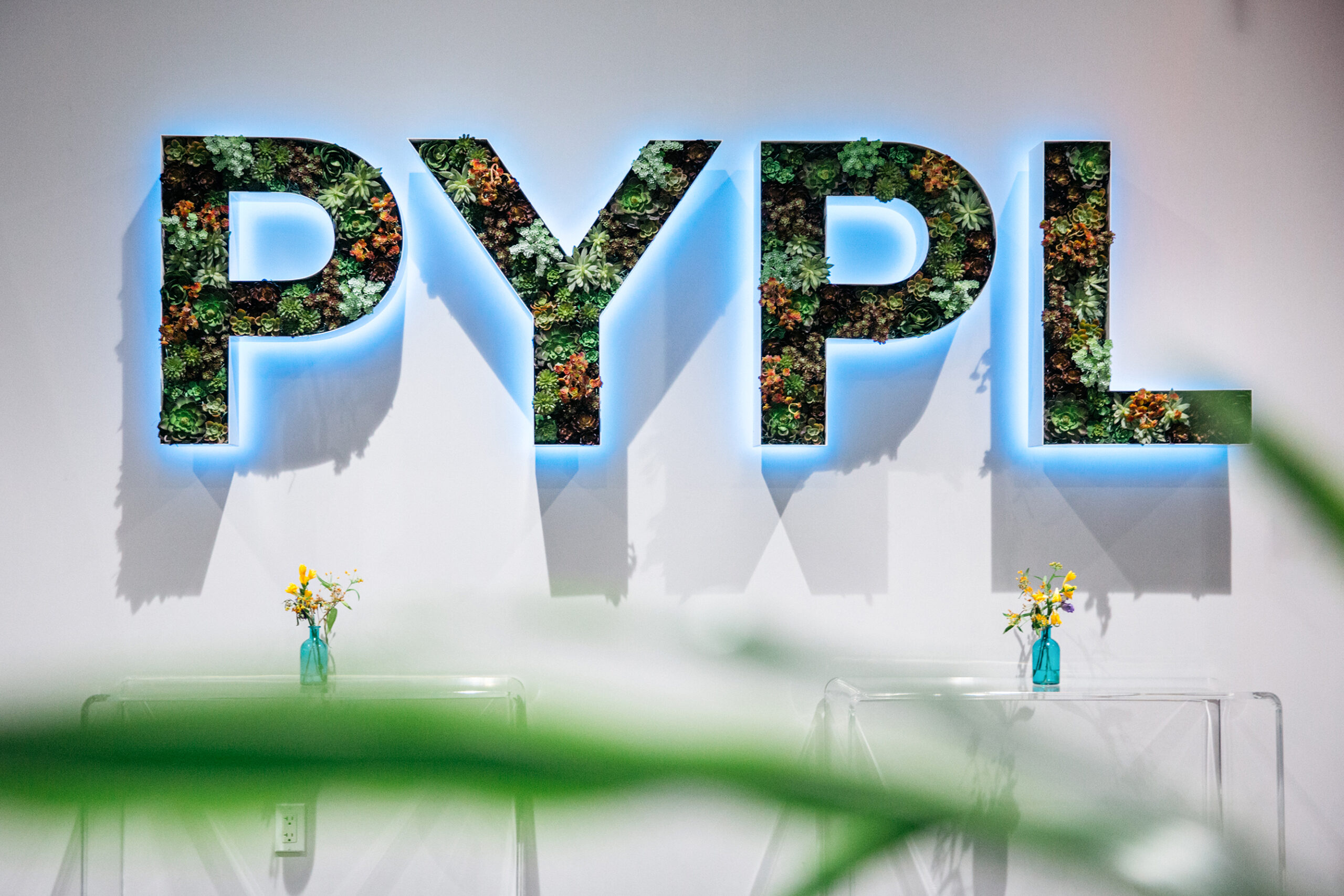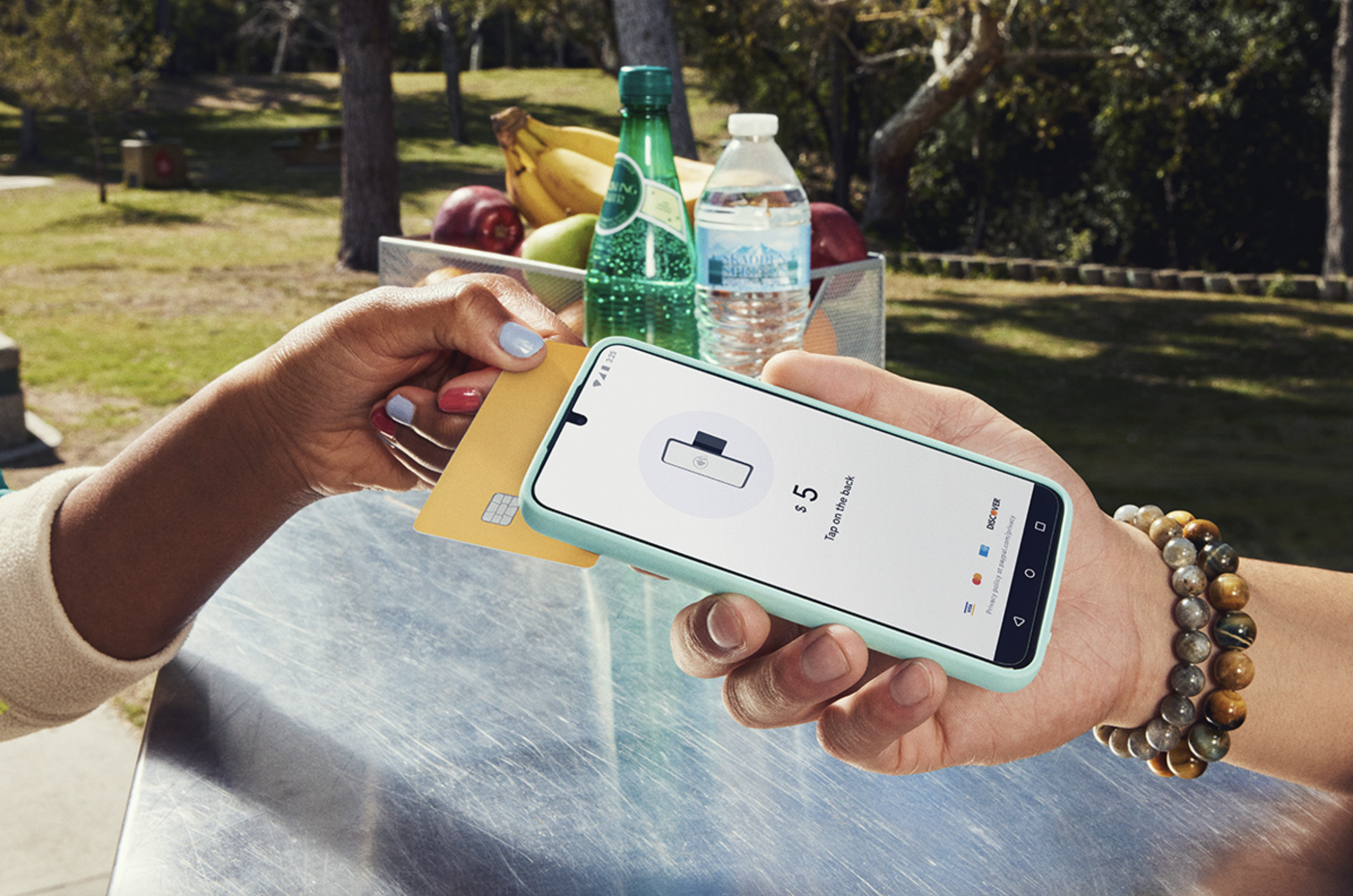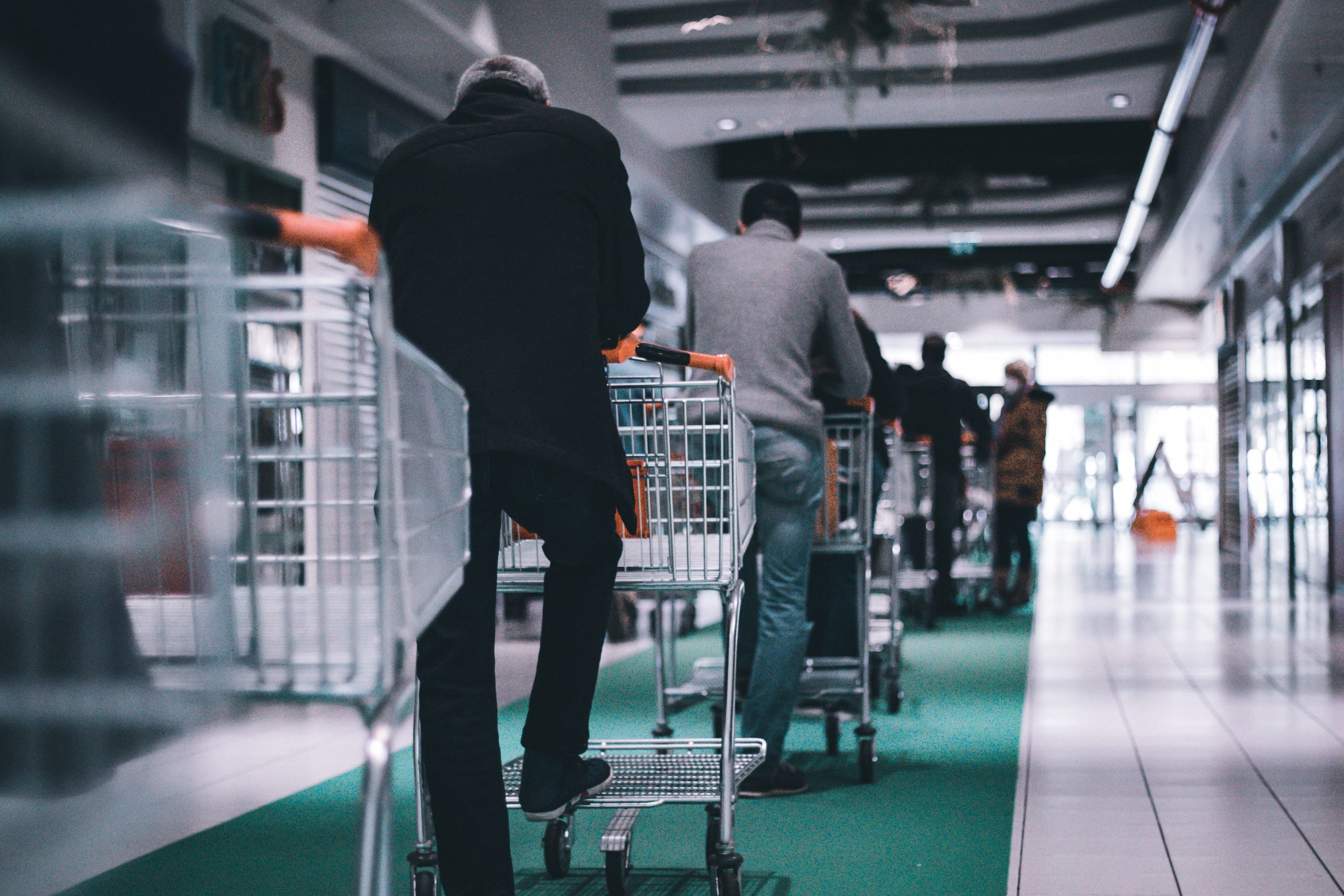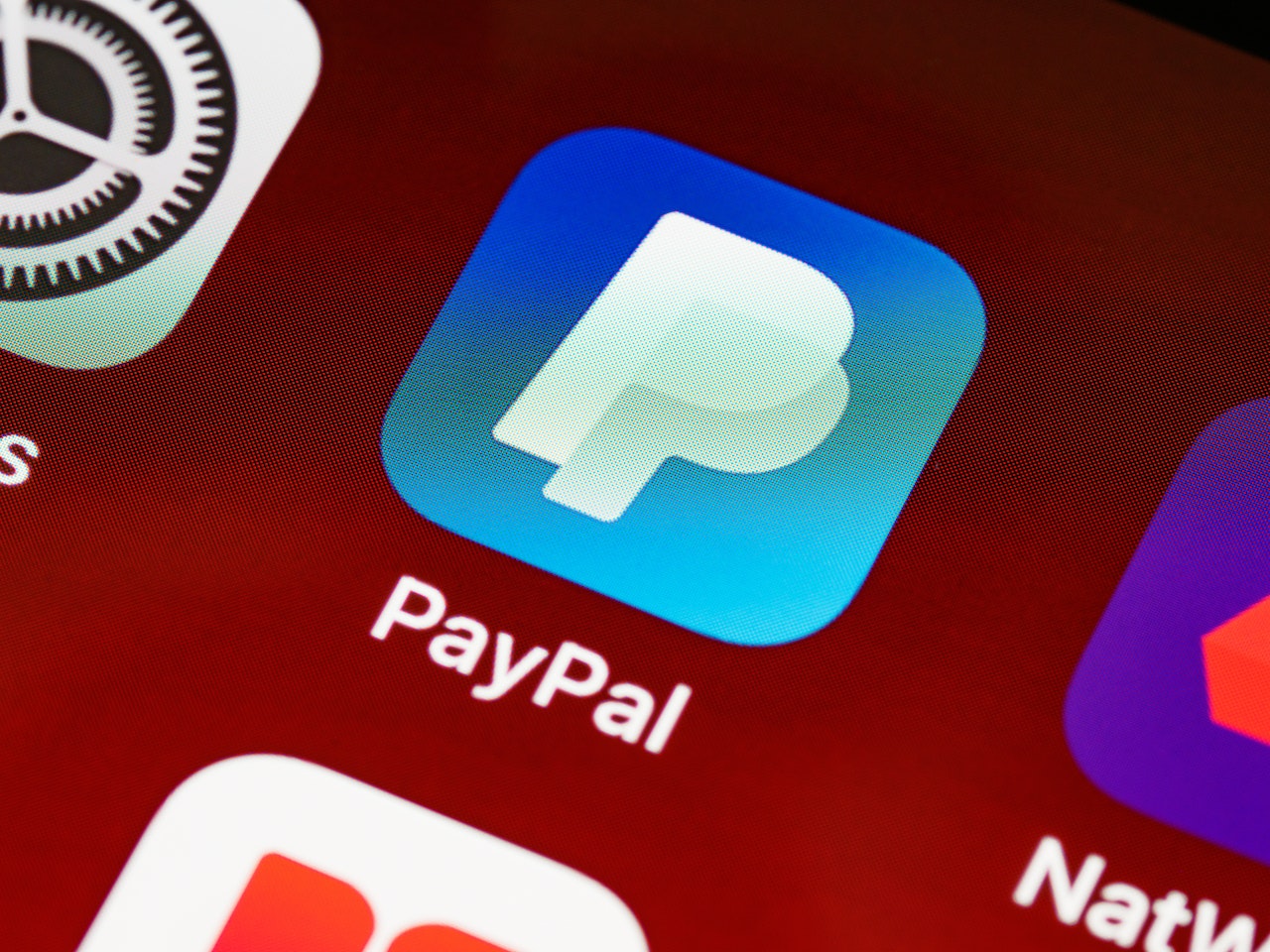
Investment and innovation are defining the wealth management space as the week begins. LA-based wealth management platform Altruist enters the week with $169 million more in capital, courtesy of a Series E round led by Iconiq Growth. Meanwhile, JP Morgan Chase announced that it has deployed generative AI to enhance its thematic investment offering.
Be sure to check back all week long for more fintech news!
Crypto
Revolut launches its stand-alone crypto exchange for professional crypto traders, Revolut X.
MoonPay announces collaboration with PayPal to enable MoonPay users in the U.S. to buy crypto via their PayPal accounts.
Nayms partners with Coinbase to leverage on-chain technology for insurance transactions.
Community banking
New Peoples Bank turns to Jack Henry for its core processing technology and Banno Digital Platform.
Spend management
Expensify, the financial management super app for expenses and corporate cards, unveiled its new travel platform, Expensify Travel.
Insurtech
CoverTree, an insurtech specializing in manufactured home insurance, secures $13 million in Series A funding.
U.K.-based digital life insurance and income protection product company Eleos raises $4 million in seed funding.
Embedded insurance company CoverGenius inks partnership with Adyen.
Payments
Keybank introduces virtual account management powered by Qolo.
Checkout.com launches its Payments-as-a-Service solution, Flow.
WaFd Bank selects Fiserv’s CashFlow CentralSM to expand payment capabilities for small businesses.
NAB and Banked team up to launch Pay by Bank for Australian merchants.
YES BANK and EBANX partner to empower cross-border commerce in India.
Crowded launches international currency transfers for nonprofits, enabled by Visa Direct and Cross River.
Fraud prevention
AML and fraud risk mitigation company Unit21 launches ACH Risk Scores and Action Event Rules.
Investing / Wealth management
Life insurance and wealth management solutions provider iPipeline introduces its first Chief Product Officer Katie Kahl.
Wealth management platform Altruist raises $169 million in Series E funding.
JP Morgan Chase introduces its IndexGPT thematic investing tool.
Pure Financial Advisors generates more than $1 billion in new AUM through its SmartAsset partnership.
Data and analytics
Bank personalization engine company Moneythor appoints Martin Frick as its new Chief Executive Officer.
AI
AI Squared acquires open-source reverseETL technology company Multiwoven.
Lending
Planet Home Lending appoints Paul Walker as Chief Financial Officer.
Libro Credit Union seeks to enhance its lending operations via a transition to nCino’s cloud banking platform.
Communication & Virtual Assistants
How Eltropy’s AI-powered conversations platform helps 3 FIs reduce delinquencies.
Wipro collaborates with Microsoft to launch a suite of generative AI-powered virtual assistants for financial services.
Digital banking
Velmie and Unlimit partner to accelerate European Fintech growth.
FIS launches Atelio to provide the building blocks for BaaS and embedded finance.
Small business
Mercury launches new software to help businesses simplify financial workflows: billpay, accounting automations and employee reimbursement tools.
KeyBank launches KeyVAM, a virtual account management solution powered by Qolo for treasury management clients who have complex demand deposit account structures.
Regtech
Global RegTech consolidator Corlytics acquires Deloitte UK’s RegTech platform.
Embedded finance
Issuer-processor Paymentology teams up with Diamond Trust Bank to bring embedded finace solutions to customers in Kenya.
Accelerators and incubators
Ally Financial launches its Ally Innovation Challenge to promote solutions leveraging Responsible AI.
Photo by Towfiqu barbhuiya on Unsplash

